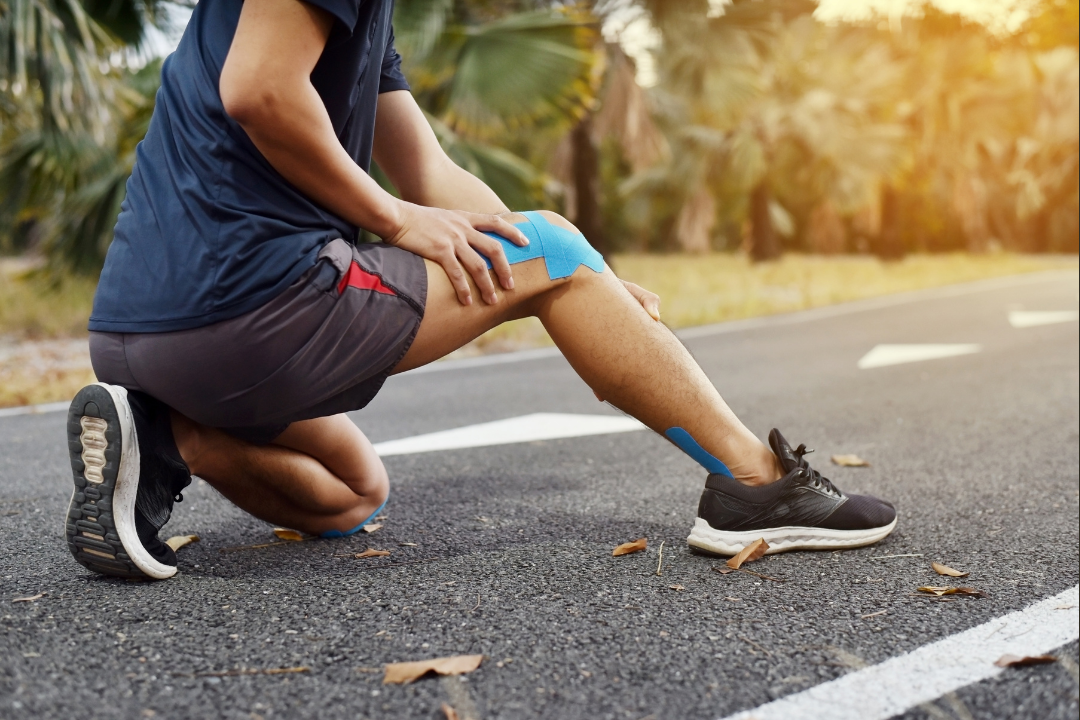New Year’s is the perfect time to make lifestyle changes to reduce your chronic pain. It can be difficult to stick to vague, lofty goals. Instead, resolve to build specific, realistic habits into your daily routine. Here are 4 concrete resolutions to help you experience improved health and pain relief:
1. Walk 10,000 steps a day
 Low-impact aerobic exercise is thought to reduce inflammation, strengthen muscles, and provide healing by sending oxygen-rich blood to painful areas. The easiest way to begin is to walk. Here are some ways you can easily incorporate this habit into your everyday life:
Low-impact aerobic exercise is thought to reduce inflammation, strengthen muscles, and provide healing by sending oxygen-rich blood to painful areas. The easiest way to begin is to walk. Here are some ways you can easily incorporate this habit into your everyday life:
- Invest in a pair of walking shoes that you find comfortable and supportive.
- Buy a pedometer so you can track your steps. A popular challenge for many people is taking 10,000 steps each day, but you can do more or less depending on your current fitness level.
- Walk everywhere you can: around your block, to the train, throughout the shopping mall, in the office parking lot during your lunch break.
- Team up with an accountability partner who has the same step goal. Make a game out of it, seeing who can take the most steps each day.
If walking is difficult for you, consider purchasing a cane or trekking poles.
2. Make your bedroom a no-screen zone
People with painful back or neck conditions often sleep poorly, and poor sleep can make the pain worse. If you want to increase your chances of getting good sleep, kick screens out of your bedroom. Smart phones, laptops, tablets, and TV screens distract and stimulate you. By using these devices in bed, you make it more difficult for your body to recognize that it’s time to sleep. Break the habit and try these tips:
- Set your phone on airplane mode and keep it out of arm’s reach. Decide ahead of time that you won’t use your phone while it’s in the bedroom.
- Keep a physical book or magazine on your nightstand. If you need to engage your mind with something while in bed, these options are great since they don’t emit a bright glow or provide distracting Internet access.
After a while, you may notice that refraining from screen use in your bedroom helps you fall asleep and stay asleep.
3. Bring a water bottle everywhere with you
 Staying properly hydrated is important for the health of your spine, as your intervertebral discs are mostly made up of water. Drinking water also allows nutrients to flow properly and helps with joint and organ maintenance.
Staying properly hydrated is important for the health of your spine, as your intervertebral discs are mostly made up of water. Drinking water also allows nutrients to flow properly and helps with joint and organ maintenance.
- Take your body weight (in pounds) and divide that number by 2. This number is about how many ounces of water you should drink each day.
- Purchase a durable and easily transportable water bottle to help you reach your daily water intake. Read reviews to help determine which water bottle suits you best.
- If you prefer more flavorful beverages, get a water bottle with a built-in fruit infuser. This option allows for deliciously flavored water that’s still healthy for you.
Another upside of drinking a lot of water is that it makes it easier for you to reduce your consumption of soda and alcohol—all of which can negatively affect your health.
4. Set a tobacco quit date
People who smoke experience pain more frequently than people who don’t smoke. And nicotine kills cells that help with bone growth. Quitting smoking is a difficult challenge, but it’s worth it if you want to enjoy a healthier spine. Consider these ideas:
- Set a quit-date and stick to it. Share the date with friends and family, so you’re more committed to that date and they can help hold you accountable.
- If you associate other habits with smoking, replace those habits with new ones. For example, if you typically enjoy coffee while smoking every morning, start drinking tea instead.
- Consider using medications to help curb your nicotine cravings, such as Zyban or Chantix.
- For the first few weeks of not smoking, limit your exposure to other people you know who smoke.
Add at least one of these tips to your list of New Year’s resolutions and see if you enjoy a healthier and happier 2019.
Original article published on spine-health.com.








